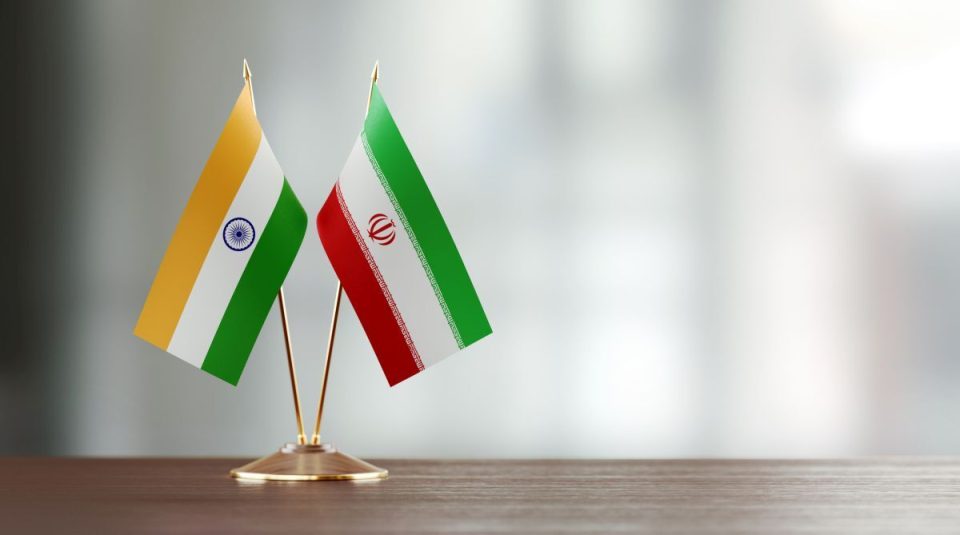Recently, India and Iran successfully settled the first pilot of a fully Digital Intermodal TIR transport to impetus trade via International North-South Transport Corridor (INSTC) between India and Russia. The container was released within a day after arriving at Iran’s Bandar Abbas port, otherwise taken up to five days. The project was finished in cooperation with the Indian and Iranian customs authorities, ET reports.
TIR is the only global transit system that enables goods to be shipped from the origin country via transit to a destination country in sealed load compartments controlled by customs with a recognised multilateral system. Considered the easiest, safest, and most reliable way for goods transportation across multiple international borders, it saves time and money for transport operators and customs experts. The pilot project verified the efficiency of a fully intermodal TIR carriage. Electronic security was issued instead of a TIR carnet, and messages of pre-declaration were exchanged electronically with related public and private actors. It included the customs authorities, expediting the customs and port procedures. INSTC has been simplifying a higher trade volume between India and Russia via Iran amid the West’s approvals of Moscow after the Russian invasion of Ukraine.
The 7,200-km-long grid of highways, sea, and rail routes under INSTC offers a direct connectivity route between Russia and India. Most commodities transported through Iran along this route are deliveries between Russia and India. Iran shipping lines formed an active working group for transportation development along INSTC in early April.
INSTC connects the Indian Ocean to the Caspian Sea thru the Persian Gulf onwards into Russia and Northern Europe, offering a nonstop connectivity route for them. There are also plans to link the northern route through the Russian Arctic with INSTC for goods transportation. The north-south transport corridor foundation was laid on 12th September 2000, concerning an intergovernmental agreement signed between Russia, Iran, and India. Azerbaijan linked this agreement in 2005.
- Just Dial Stocks Skyrocketed 15% On Announcement of Q4FY24 Business and Financial Updates
- Swing-Trading 101: Capturing Market Moves with Flexibility
- Jubilant Pharmova Shares Climbed 8% On Announcing Ceastion of Loss Making Arm’s Operations in Salisbury, USA
- Paytm Shares Gained 4.5% on NPCL’s Approval To Create New VPAs with Axis, HDFC, SBI, and Yes Bank
- Ambuja Cements Shares Gained 3% On Receiving Additional Rs 8,339 Crore Investment From Adani Group
This agreement was sanctioned by 13 countries, including Azerbaijan, Belarus, Bulgaria, Armenia, India, Iran, Kazakhstan, Kyrgyzstan, Oman, Russia, Tajikistan, Turkey, and Ukraine. The project has several workings for Northern and Western Europe-Russian Federation, Caucasus-Persian Gulf (western route), Central Asia-Persian Gulf (eastern route), and Caspian Sea-Iran-Persian Gulf (central route).


 Signals, Powered By EquityPandit
Signals, Powered By EquityPandit

